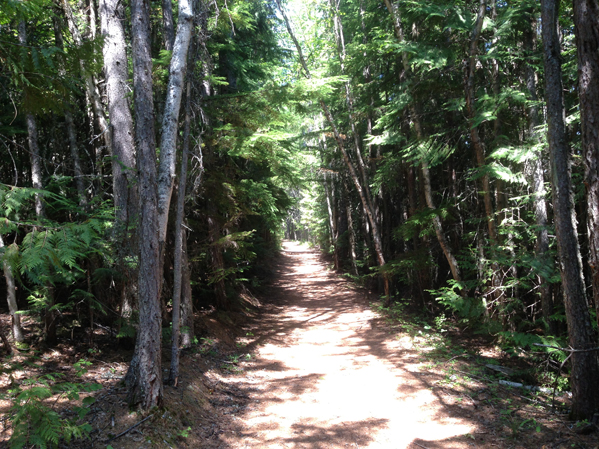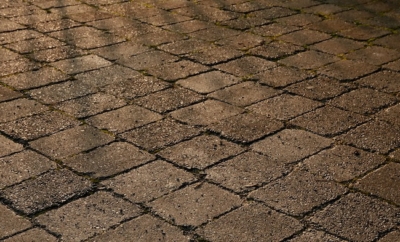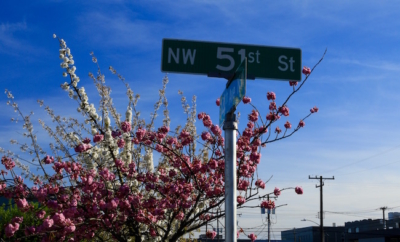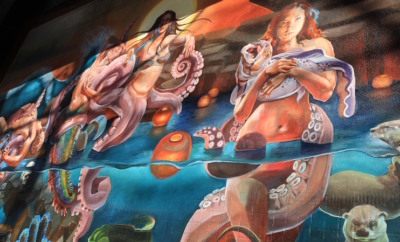
Existential Psychology
Commitment And Doubt
“The relationship between commitment and doubt is by no means an antagonistic one. Commitment is healthiest when it’s not without doubt but in spite of doubt.”
-Rollo May
Most of us think being fully committed and being full of doubt are polar opposites. What’s more, we tend to view commitment in a positive light, as noble and a sign of trustworthiness, while we often view doubt in a negative light, as a sign of insecurity and weakness. Many suffer through a lot of emotional torment and feelings of guilt on account of being unable to eradicate their persistent doubt.
What May elucidates in the quote above is that there can be no authentic commitment without doubt as a prerequisite. Commitment all on its own is blind obedience. Doubt implies having considered various possibilities and of having seen the issue from multiple points of view. How can you commit to the best choice without having gone through this process?
The type of commitment that many value and honor can really be quite childish, ‘feeling it in your gut’, going for it without much analysis, charging across the battlefield without being aware of any of the risks. It’s easy to commit fully to something when you have never considered any other possibilities and know nothing of the risks.
One reason that people try to stamp out any sign of doubt is because of the consistency heuristic, a cognitive rule of thumb where we try to make our thoughts and actions sync up with a previous decision we have made. No one wants to be known as flaky or wishy washy. But this bias can work against us when new information changes the landscape yet we feel compelled to stay firm so that we align with our previous stand.
Although most of us find doubt to be unpleasant, we can embrace it instead of running away from it by realizing that no commitment is authentic without working through the doubt first. This process of self-reflection and expanding awareness is anxiety provoking, which is probably why most people prefer to stamp out any trace of doubt. But you’ll never make the most nourishing choices for yourself unless you work through the alternatives to those choices first.




